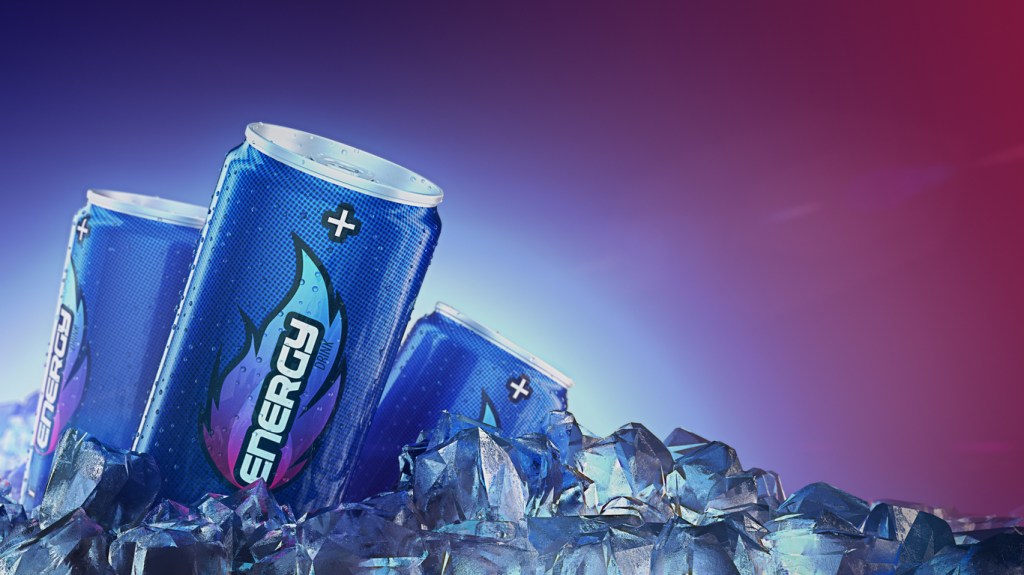
The British government has announced plans to ban the sales of energy drink beverages to kids in England.
Prime Minister Theresa May said childhood obesity is one of the countries greatest health concerns.
Ms May said: “That’s why we are taking significant action to reduce the amounts of sugar consumed by young people and to help families make healthier choices,” News.com.au reported.
“With thousands of young people regularly consuming energy drinks, often because they are sold at cheaper prices than soft drinks, we will consult on banning the sale of energy drinks to children.”
According to News.com.au, children in the UK reportedly consumer more high-caffeine, and sugary beverages than other children across Europe.
The proposed restrictions will apply to drinks with more than 150mg of caffeine per litre.
Public Health Minister Steve Brine said: “We all have a responsibility to protect children from products that are damaging to their health and education, and we know that drinks packed to the brim with caffeine, and often sugar, are becoming a common fixture of their diet”.
In response, the Australian Beverages Council has released a statement.
“All Members of the Australian Beverages Council involved in the manufacture or distribution of energy drinks have voluntarily agreed to a set of commitments as part of the responsible sale and promotion of energy drinks in Australia,” said Mr Geoff Parker, Chief Executive Officer, Australian Beverages Council.
“The industry in Australia has already agreed that energy drinks marketing and advertising will not be directed at children, and energy drinks will not be sold in primary and secondary schools,” added Mr Parker.
“Energy drinks are not recommended for children and this is clearly stated on the label. Although energy drinks contain around the same amount of caffeine as a cup of coffee, caffeine is not advised for children, and so our industry does not recommend these for consumption by children,” said Mr Parker.
“The Australian Beverages Council will continue to have open discussions with a range of stakeholders about energy drinks and the broader non-alcoholic beverage industry as issues of mutual interest arise,” concluded Mr Parker

